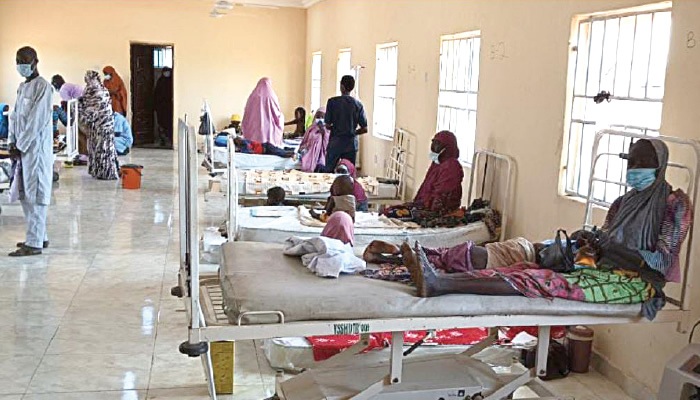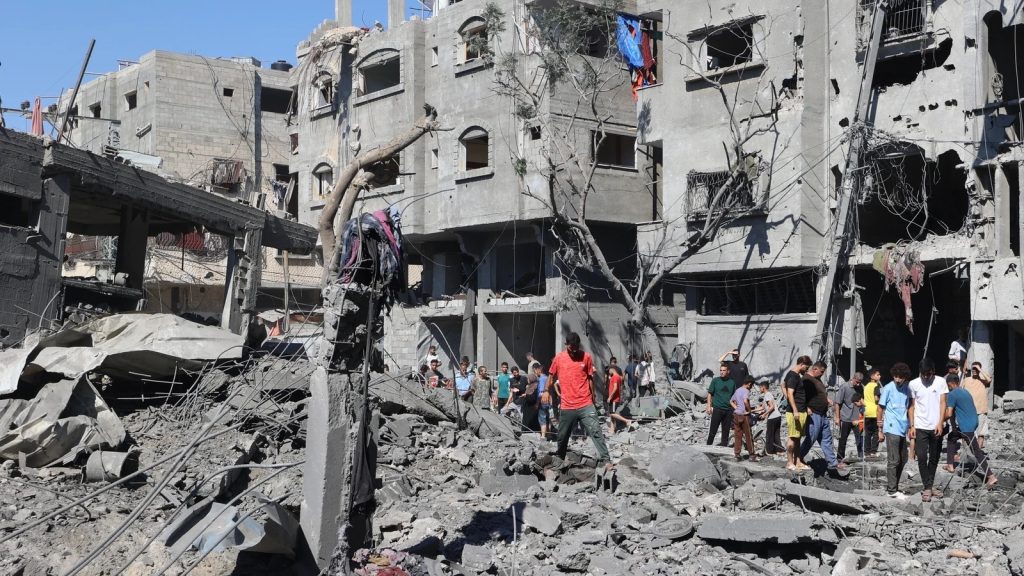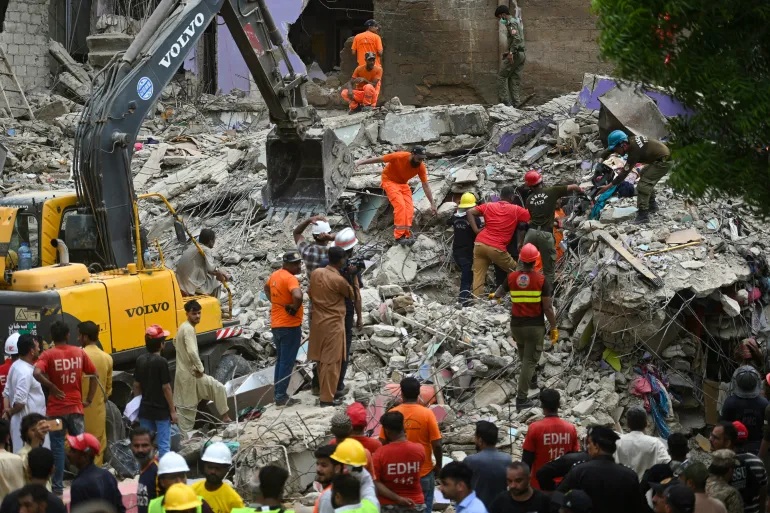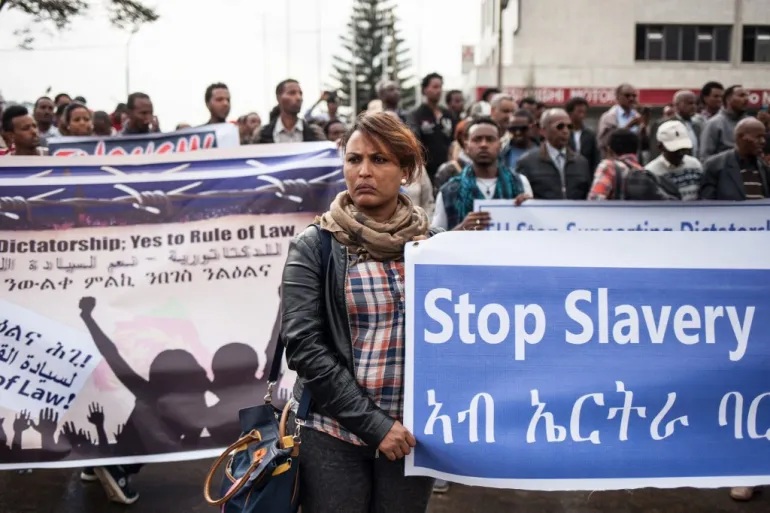Health
Kaduna Outbreak: Nigeria’s Children Are Still at Risk
81 students affected in diarrhoea outbreak in Kaduna

In recent weeks, the health and safety of Nigeria’s youth came under the spotlight following a diarrhoea outbreak at the Government Girls Senior and Junior Secondary School in Kawo, Kaduna State.
According to official reports from the Kaduna State Ministry of Health, 81 students were affected, with 15 requiring hospitalization.
While all hospitalized students have since recovered and been discharged, this incident is a sobering reminder of the persistent vulnerabilities within our public health and educational systems.
Understanding the Outbreak
The rapid response by the Kaduna State Ministry of Health, led by State Epidemiologist Dr. Jeremiah Diako ensured that the affected students, primarily aged 16 to 17, received timely medical attention at the General Hospital in Kawo.
The swift containment of the outbreak is commendable and demonstrates the value of having an active and responsive public health infrastructure.
However, the incident also exposes systemic challenges that, if left unaddressed, could lead to more severe outbreaks in the future.
The Broader Context: Public Health and Education in Nigeria
Diarrhoeal diseases remain a significant public health concern in Nigeria and across much of Africa.
According to the World Health Organization (WHO), diarrhoea is among the leading causes of illness and death among children in sub-Saharan Africa.
This is often linked to unsafe water, poor sanitation, and inadequate hygiene practices.
Schools, as densely populated environments, are particularly susceptible to such outbreaks if preventive measures are not in place.
The Kaduna incident is not isolated.
Across Nigeria, similar outbreaks have occurred in both urban and rural settings, highlighting the urgent need for improved health and safety protocols within educational institutions.
The health of our students is inextricably linked to the quality of infrastructure, access to clean water, effective waste management, and health education provided in schools.
Proactive Measures: The Way Forward
In response to the outbreak, the Kaduna State Ministry of Health has outlined a series of preventive strategies aimed at safeguarding students’ health and preventing future incidents.
These recommendations are not only timely but also essential for building a resilient health system within our schools. The proposed measures include:
Strengthening Disease Reporting Mechanisms: Timely and accurate reporting of disease outbreaks allows for swift intervention and minimizes the risk of widespread transmission.
Establishing School-Based Surveillance Systems: Regular monitoring within schools can help detect early signs of illness, enabling prompt action before outbreaks escalate.
Standardizing Case Referral Procedures: Clear guidelines for referring sick students to appropriate health facilities ensure that they receive the care they need without delay.
Providing Food Safety and Waste Management Training: Educating staff and students on proper food handling and waste disposal is crucial for preventing contamination and the spread of disease.
Improving Local Outbreak Preparedness: Developing and rehearsing response plans equips schools and communities to act decisively in the face of health emergencies.
A Call to Action for Policymakers and Communities
The recent events in Kaduna should galvanise policymakers, school administrators, and community leaders across Nigeria, and indeed, Africa, into action.
Ensuring the health and safety of students must be a collective priority.
Investments in school infrastructure, clean water supply, and health education are not optional; they are fundamental to nurturing a generation capable of driving the continent’s development.
Moreover, the involvement of parents, teachers, and local health authorities in maintaining hygienic environments cannot be overstated.
Community engagement and ownership are vital for the sustainability of any public health intervention.
Conclusion: Protecting Nigeria’s Future
The Kaduna diarrhoea outbreak, though contained, is a clarion call for vigilance and proactive investment in public health within our schools.
By implementing the recommended measures, strengthening collaboration between health and education sectors, and fostering a culture of hygiene and preparedness, Nigeria can protect its most valuable asset, its youth.
Let this incident serve as a turning point, inspiring a renewed commitment to the health and well-being of every child, in every school, across the nation.
For Diaspora Digital Media Updates click on Whatsapp, or Telegram. For eyewitness accounts/ reports/ articles, write to: citizenreports@diasporadigitalmedia.com. Follow us on X (Fomerly Twitter) or Facebook








